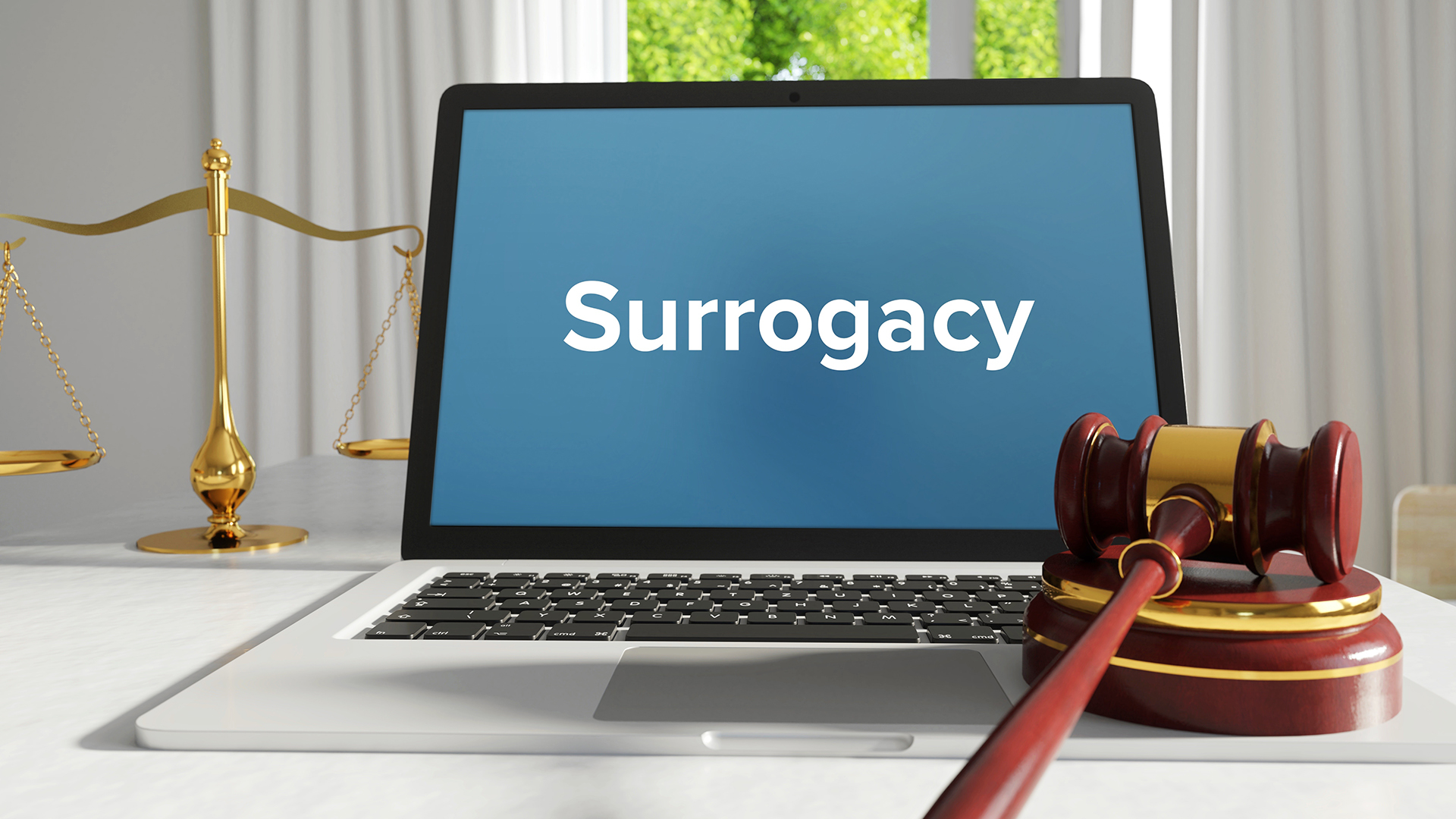The Irish government has approved new measures to legally recognize international surrogacy arrangements, providing families with full parental rights.
Health Minister Stephen Donnelly announced the decision, emphasizing its significance for families who have lacked legal protections. “This decision ensures that affected families will have permanent legal recognition,” he stated outside Government Buildings.
Alongside Justice Minister Heather Humphreys and Minister for Children Roderic O’Gorman, Donnelly secured Cabinet approval for the proposed legislation. Minister O’Gorman highlighted the extensive collaboration involved, calling the draft law a well-researched effort spanning multiple departments.
Fine Gael senator Mary Seery Kearney, a strong advocate for the changes, welcomed the move, noting its profound impact on families. She stressed that previously, children in some family situations were left vulnerable due to legal gaps. “This brings an end to situations where children were caught in legal limbo,” she said, expressing gratitude to the families who shared their experiences to drive legislative change.
A parliamentary report published earlier in the year recommended that intended parents involved in international surrogacy should be able to apply for parental orders through the courts. These orders would legally establish them as the child’s parents, irrespective of biological ties. Of the 32 recommendations in the report, the government has fully accepted 30.
Minister Donnelly acknowledged the challenges parents and children have faced due to legal uncertainty. “These are Irish children, and their parents deserve full legal recognition,” he said. The legislative amendments aim to provide security and clarity while ensuring adequate protections for all parties involved—including children, surrogates, and intended parents.
Addressing concerns about legal complexity, Donnelly emphasized that the legislation carefully considers child welfare, surrogate rights, and safeguards for intended parents. He expressed confidence that the measures approved provide balanced protections for everyone involved.
Minister O’Gorman credited the progress to the dedicated efforts of multiple government departments, the Attorney General, and senior officials, stating that the initiative had full support from key leaders in government.
Once finalized, the legislation will be incorporated into the Health (Assisted Human Reproduction) Bill 2022 and will require further government approval. Those seeking international surrogacy must comply with legal requirements both in Ireland and in the jurisdiction where the surrogacy occurs.
To qualify for legal recognition, past international surrogacies must meet specific criteria, including compliance with laws in the country where they took place, confirmation that the surrogate acted as a gestational carrier only, and her explicit consent to the parental order.
A new regulatory agency will oversee surrogacy arrangements, maintaining a list of approved countries and agencies where surrogacy services are legally and ethically available. If an entire country does not meet Ireland’s requirements, individual agencies within that country may still be approved for participation.
The High Court has previously criticized delays in legislating for international surrogacy, a concern Donnelly acknowledged. However, he noted that the government has now taken significant action to address the issue, with further progress expected early next year when the amended bill advances to the committee stage.
With these legal reforms, the government aims to provide long-awaited clarity and recognition for families formed through international surrogacy, ensuring that all parties involved are protected under Irish law.
